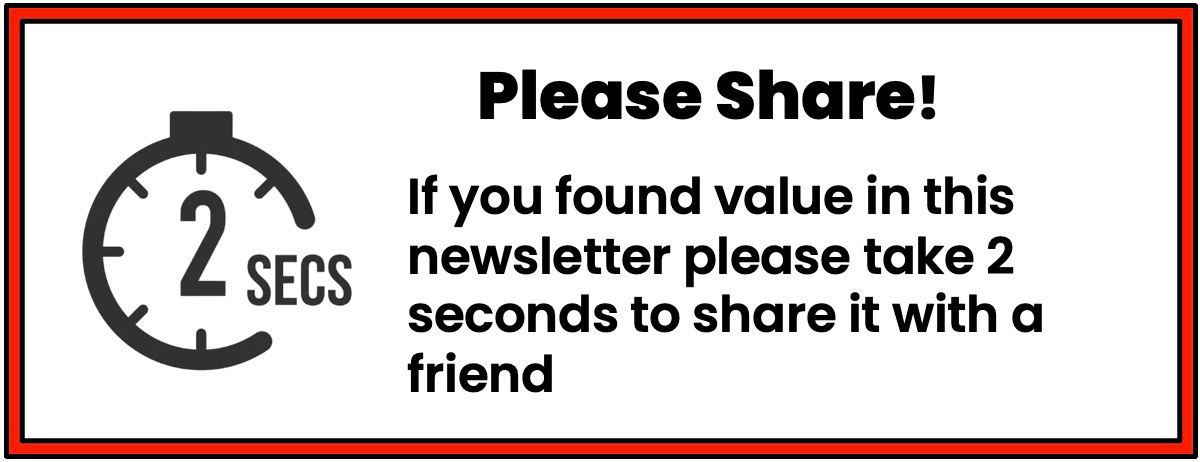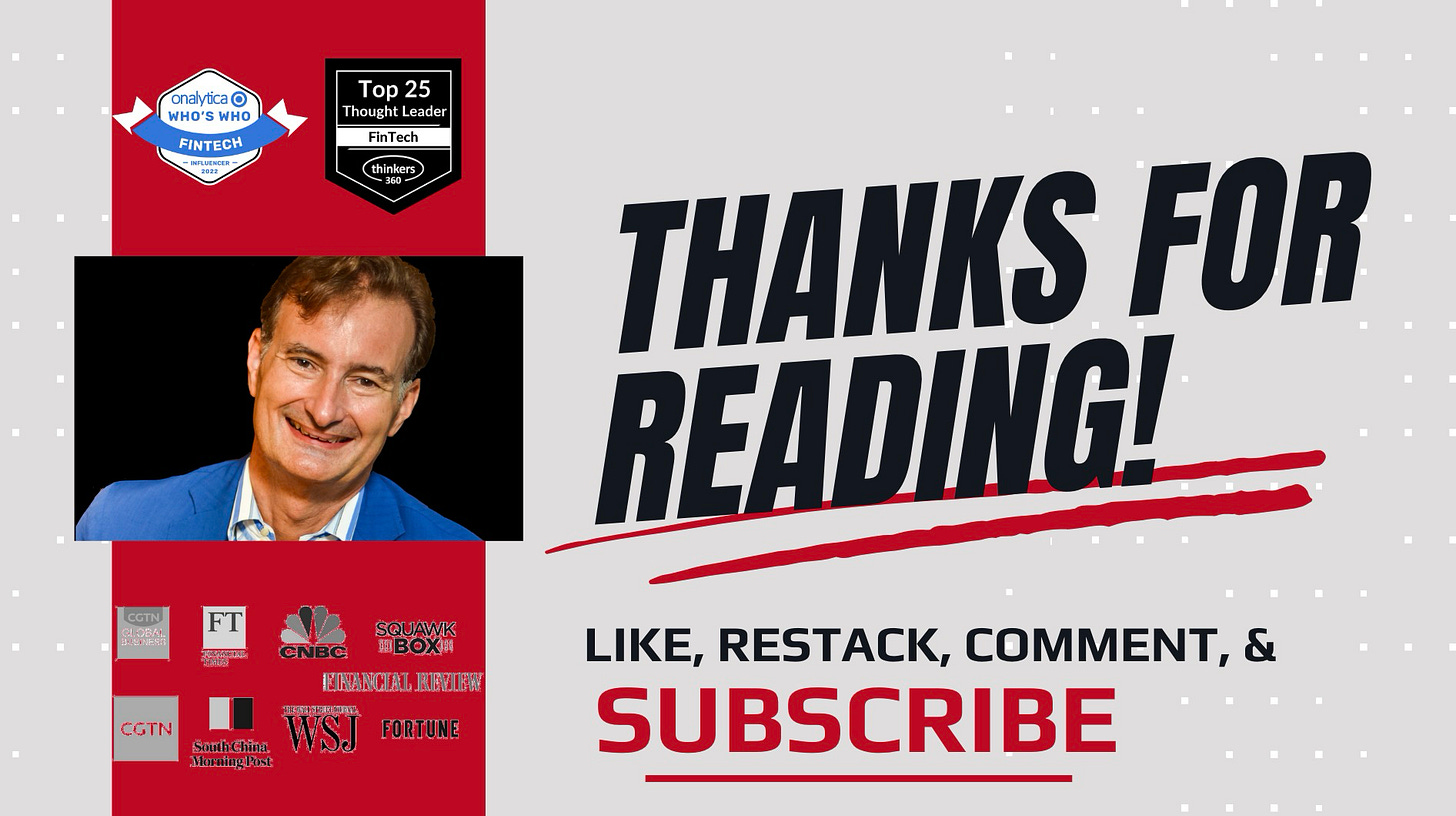Quantum is Now For Finance: Threat and Opportunity
For now, however, quantum is definitely more of a threat than opportunity
Quantum computing is still “experimental,” and banks must be very aware of the risks and opportunities it will bring.
For now, quantum computing is available only to the top banks for research and hasn’t trickled down to your local scammer.
While that may make some banks breathe a sigh of relief, look to GenAI as an example of how fast technology trickled down to scammers and fraudsters.
When quantum computing becomes more readily available, you can bet that these same fraudsters will be delighted to challenge every bank's cryptographically secured system they can access.
This is why banks should prepare well for the threats and opportunities NOW and not wait for their technology to come under threat.
👉TAKEAWAYS
🔹 UNDERSTAND: Quantum Computers (QCs) will not be faster versions of today’s computers and will not perform all tasks of computers today. For a narrow set of computational tasks, QC could outperform classical supercomputers by several orders of magnitude, making it possible to solve some computational problems that are practically unsolvable today
THREAT:
🔹 Threat to legacy cryptography: Conventional cryptography is generally considered sufficiently secure for today’s needs. The emergence of QCs brings a change in this respect because they will be able to perform some of these computations faster than classical computers, potentially rendering current security obsolete.
🔹 The ability of QCs to hack today’s cryptographic schemes has a profound impact on the security of financial systems. The most vulnerable areas as: (1) online/mobile banking, (2) payment transactions (including cash withdrawals), (3) business-to-business privacy and (4) virtual private network (VPN) communications.
🔹 In online/mobile banking, an attacker utilising a QC could compromise and eavesdrop on communications between users and financial institutions during authentication and authorisation processes.
OPPORTUNITY:
🔹 Risk management: Risk management quantum algorithms for certain financial use cases are expected to offer a quadratic speedup compared with classical algorithms. They enable more precise risk metric evaluations, such as value at risk (VaR).
🔹 Investment and portfolio management: Portfolio optimisation involves minimising risk and maximising return simultaneously that may take classical computers days or months to compute, or even exceed their capabilities altogether. QCs may offer new possibilities to solve these challenging problems.
🔹 Payments and settlements: The payments sector is another area where quantum computing can bring significant advantages. One experimental use of quantum computing in payments was in improving liquidity when settling payment transactions to make faster, more efficient settlements.
🔹 Macroeconomic modeling: Dynamic economic models, which represent the evolution of economic factors over time, can be likened to the challenge of solving a large and intricate puzzle. The larger and more complex the puzzle, the longer it takes to fit in each piece, given the need to test each piece individually against each of the others.
👊STRAIGHT TALK👊
Banks must now add quantum computing to the list of technologies they must adopt, including AI, CBDC, tokenization, and real-time payments.
The never-ending tech war is already overloading banks, and I fully expect them to be “late to the quantum party.”
Banks will essentially bet that quantum will take longer than expected to develop, even though their similar bet on AI costs many of them dearly.
What will change is that banks will start to require quantum resistance from all of the financial plumbing or infrastructure being built for them, from tokenization to VPNs.
If quantum resistance is not built into new infrastructure from the start, it risks early obsolescence, and placing quantum resistance on a work specification is fairly easy.
What banks will do with legacy systems is anyone’s guess!
Is quantum more of a threat or opportunity?
Readers like you make my work possible! Subscribing is free, and I operate by what is called the “PBS model.” Like public broadcasting, everything I write is free, but if you like the content, please buy me a coffee by subscribing. Thank you!
Sponsor Cashless and reach a targeted audience of over 50,000 fintech and CBDC aficionados who would love to know more about what you do!









